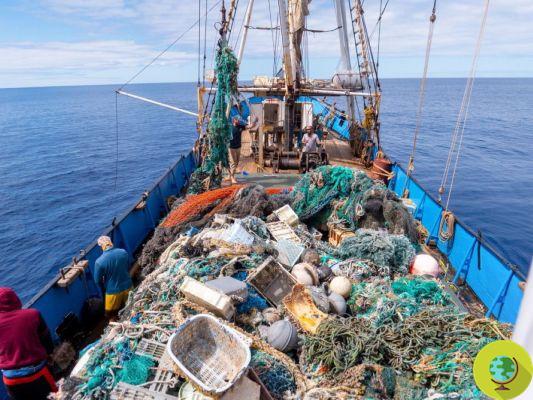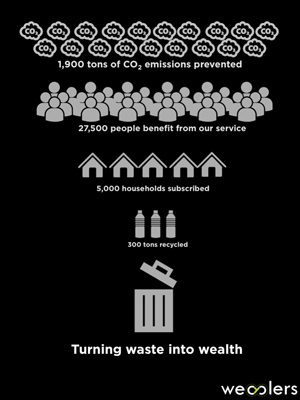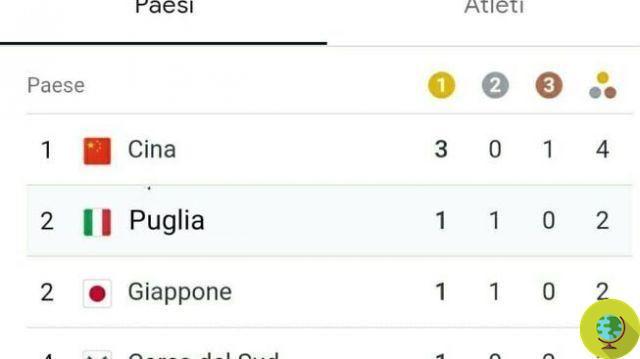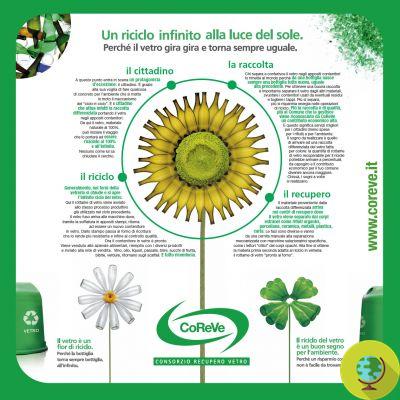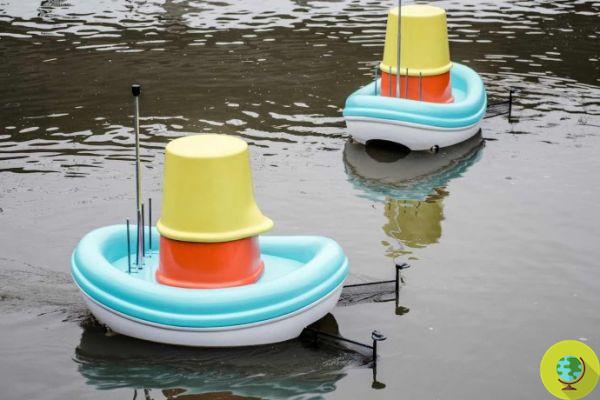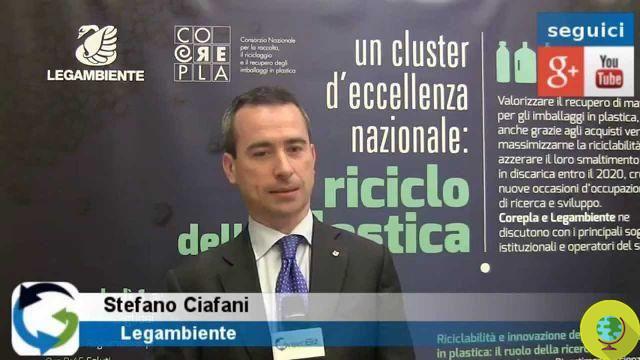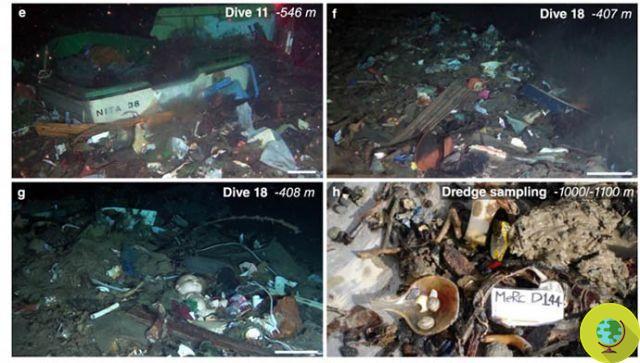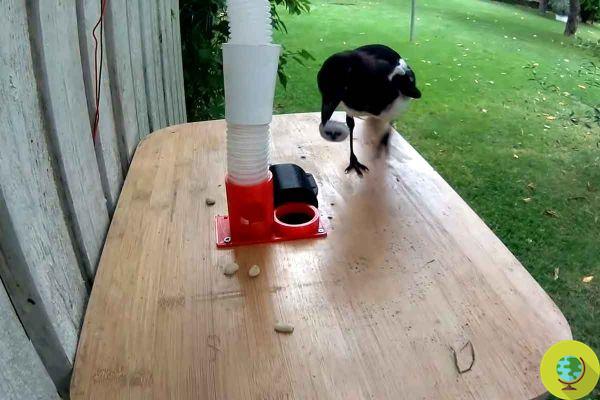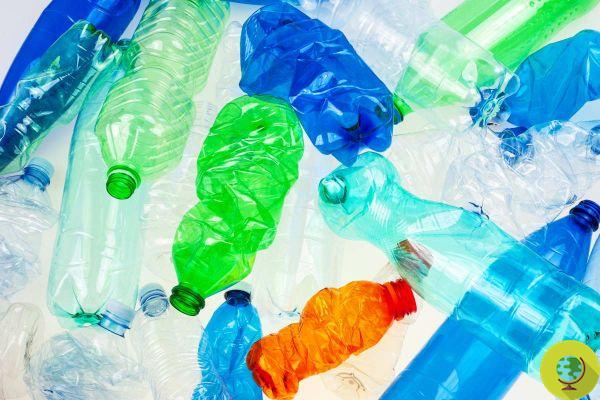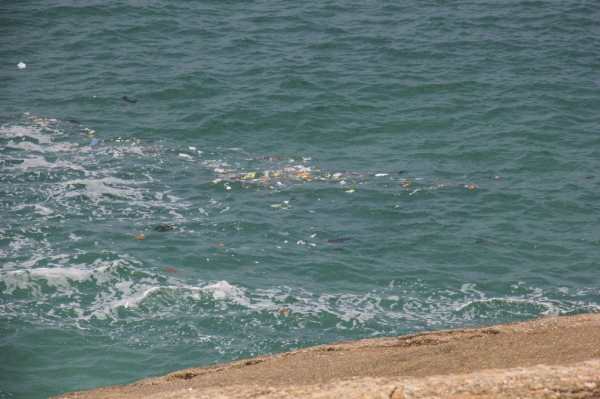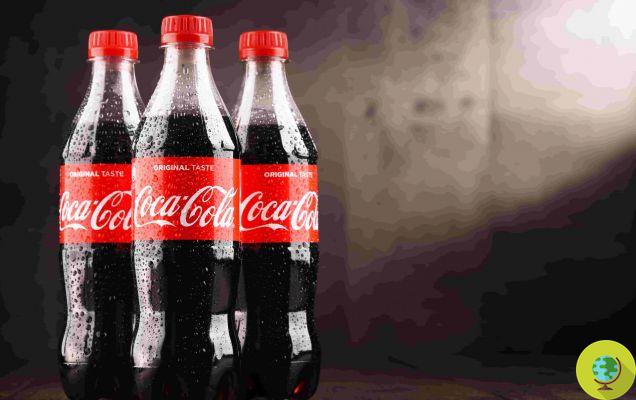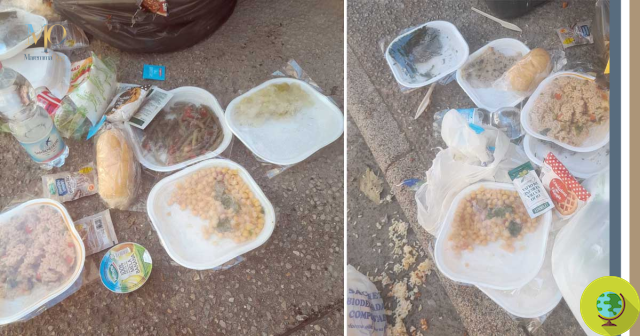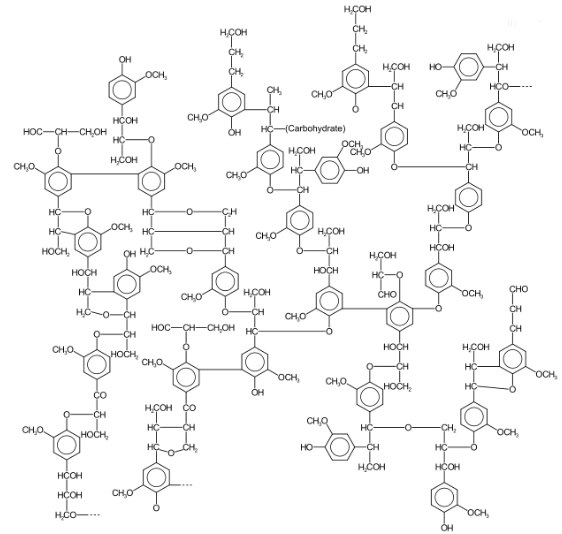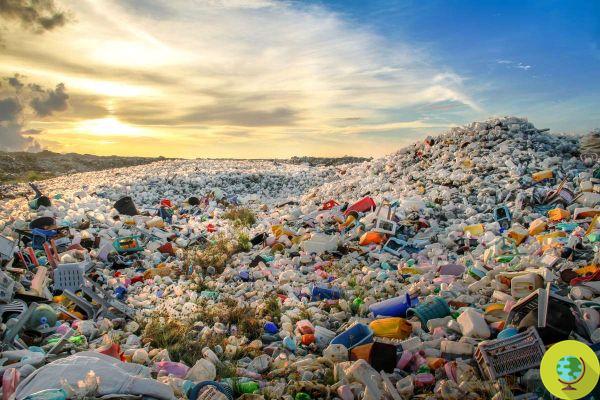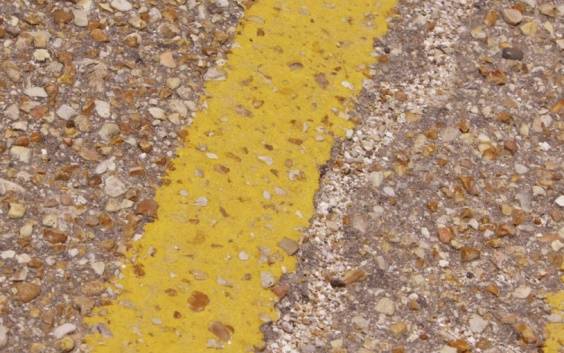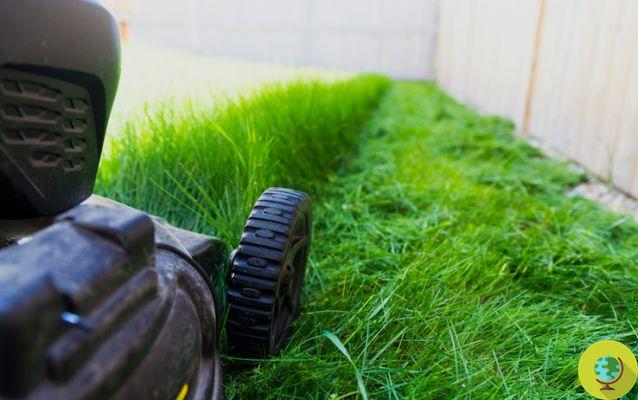
A possible solution to the use of food for the production of bioplastics was concretized by a group of researchers from the University of Florida, who found themselves engaged in a new study aimed at making possible the production of plastic starting from the cuttings of our gardens, which would normally be used for home composting or industrial composting systems. This could lead to avoiding the use of oil and raw materials to be used as food for the production of the material that our civilization seems to be unable to do without.
He is about to end up run over, his mother saves him
To produce plastic bio by vegetable waste, in particular the garden cuttings, without using products intended for food. The heated discussion regarding the , which has seen protagonists environment, representative association of the European ecological movement, e Novamont, holder of the "monopoly" on the use of Mater-Bi, which could find itself the only company producing plastic bags in line with the regulations if the decree prohibiting the use of chemical additives in their production.
In Fareambiente's opinion, Mater-Bi would be more harmful than the plastic we all know, if not disposed of correctly, that is, within industrial composting systems. It would therefore not be suitable for use, for example, for condominium composters or other types of treatments, which would not ensure biodegradability. Furthermore, some doubts remain about the use for the production of the special material of a food resource such as corn, whose production should be fundamentally aimed at enriching our tables rather than the production of those that are nothing more than disposable products, albeit biodegradable under the correct conditions.
A possible solution to the use of food for the production of bioplastics has been concretized by a group of researchers from the University of Florida, who have found themselves engaged in a new study aimed at making possible the production of plastic starting from mowing of our gardens, which would normally be destined for home composting or industrial composting systems. This could lead to avoiding the use of Petroleum and raw materials to be used forsupply for the production of the material that our civilization seems to be unable to do without.
The study, published on the pages of the scientific journal Journal of Industrial Microbiology and Biotechnology, shows how plastic material can be created from cuttings recyclable e biodegradable by exploiting the action that some bacteria, such as Bacillus coagulans strain 36D1, have been shown to be able to perform on them. Bacteria have been shown to be able to produce lactic acid feeding on the carbohydrates present in the common vegetable waste deriving from mowing, according to a procedure similar to that which occurs in the case of making plastics from corn starch. The production of lactic acid by the bacteria, isolated in a Calistoga geyser, in California, would have proved even more effective thanks to the addition of calcium carbonate.
The solution proposed by the researchers would therefore lead the experts to base the production of bioplastic not on the use of dietary carbohydrates, but on non-food carbohydrates, thus contributing to the safeguarding of resources destined primarily to nourish the population and living beings of the Planet. It would also be the cheaper alternative to oil, as well as being aimed at giving new life to materials that otherwise would not find any other use in most cases. It could therefore be a first step forward in a world that still appears willing to base its future on plastics, whatever their origin.
Marta Albè




